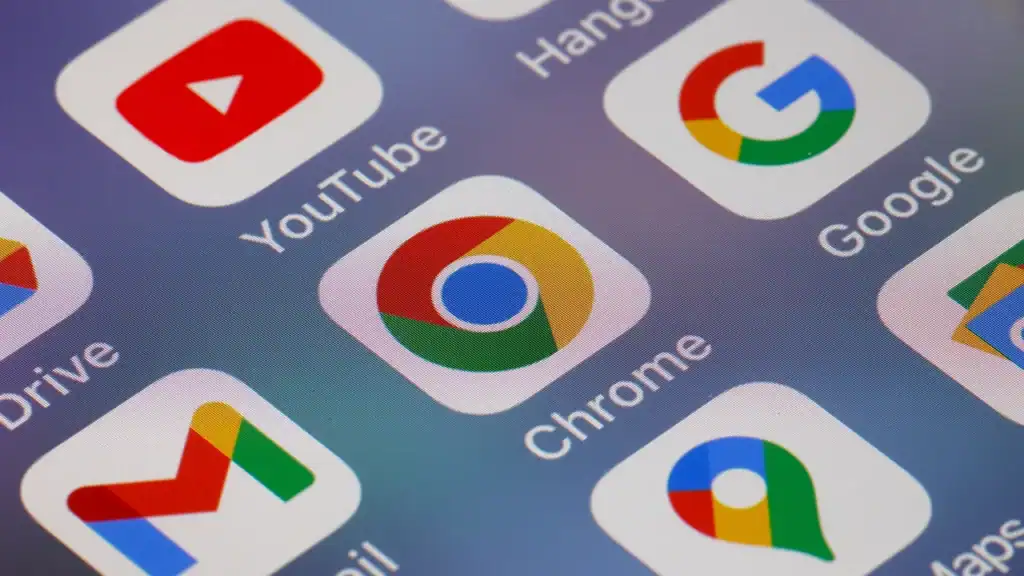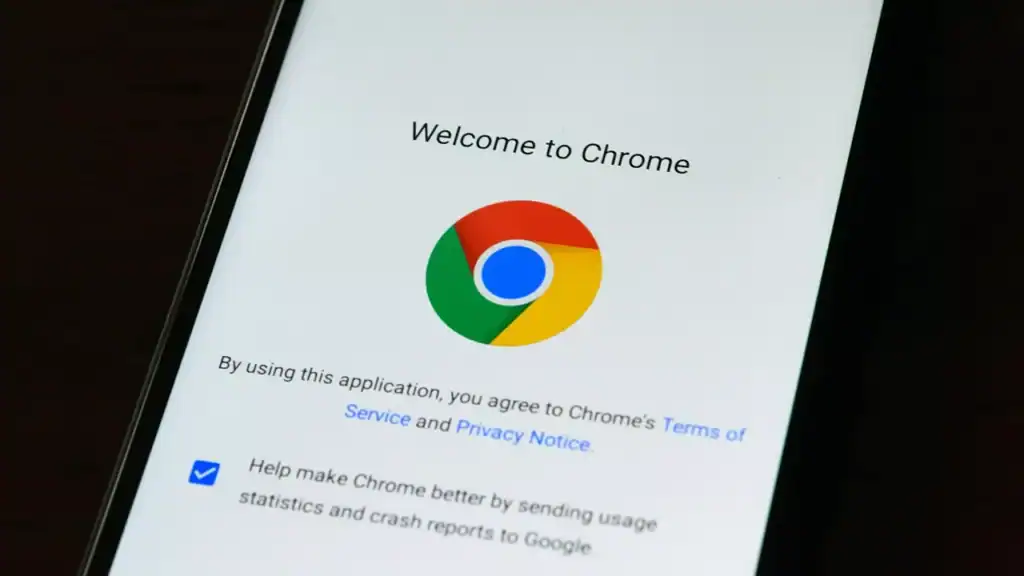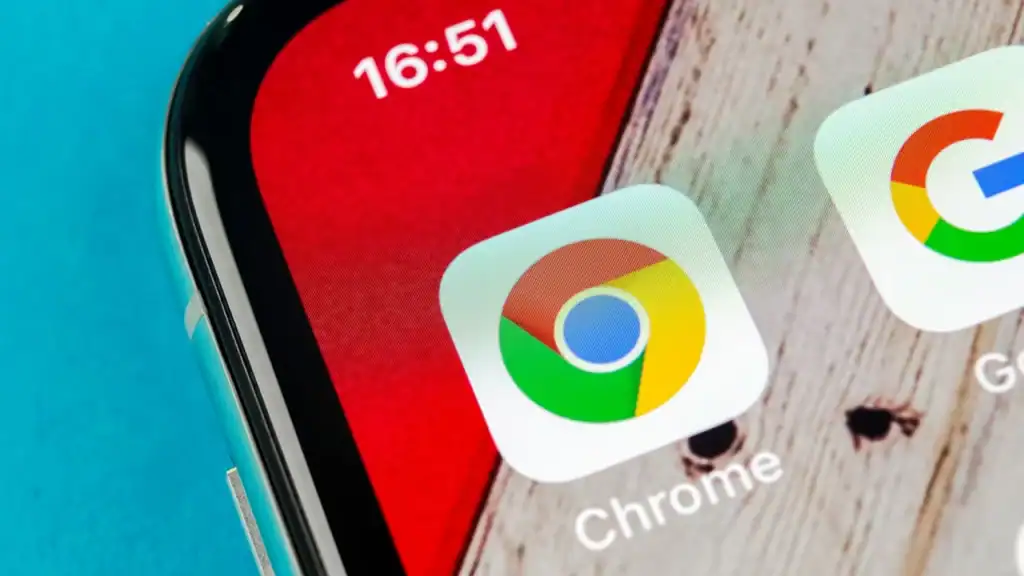What Is Changing with Chrome 138
Google confirmed that Chrome 138 download is the final version that will run on Android 8 and 9. Starting with Chrome 139, only Android 10 or newer will be supported. Your current browser may continue to open websites, but it will slowly fall behind.
In the next 6–12 months, this could mean three things for average users: more websites might stop displaying correctly, new features like advanced autofill or built-in blockers will be missing, and the biggest risk—security flaws—will never be patched on your device.

Why This Matters for Everyday Users
At first glance, a missing update may not sound like a big deal. But browsing without support quickly increases the chance of malware or phishing attacks. Hackers actively target older versions because they know weaknesses will remain unpatched. This is why search interest in phrases like chrome update android and chrome apk download has spiked—people are looking for risky workarounds.
Impact on the Mobile Ecosystem
Why is Google doing this? Simple: cutting off Android 8 and 9 lets them move faster. By focusing only on modern Android versions, Google Chrome for Android can be more secure and better aligned with new web standards. For developers, it reduces the burden of testing on outdated systems.
But for everyday users, it also highlights Android’s fragmentation—unlike Apple’s predictable yearly drops, support in the Android world often feels sudden and disruptive. A phone that still works fine today may suddenly feel outdated tomorrow. Fair or not, that’s the reality of fast-moving tech.
☕ Enjoying the article so far?
If yes, please consider supporting us — we create this for you. Thank you! 💛
What Options Do Users Have?
Upgrading to a phone running Android 10 or later is the safest long-term solution, ensuring continued support for Chrome 138 and beyond. If you can’t upgrade, there are still alternatives worth considering. Popular browsers like Firefox, Samsung Internet, or Opera remain actively developed and may continue supporting older Android versions for longer. They aren’t perfect replacements, but they are safer than relying on outdated Chrome builds.
What you should avoid is downloading random APKs. Although chrome 138 download searches show strong demand for unofficial installers, APK sideloading exposes you to malware and fake update scams. For more context on mobile software changes, visit our Mobile & Apps section.

The Security vs. Progress Dilemma
From a security perspective, dropping support means Google no longer has to backport fixes, allowing faster responses to zero-day threats for supported devices. From a business angle, it ensures Chrome can evolve quickly with new web standards. Developers benefit too—they no longer need to maintain compatibility with outdated versions.
But the trade-off is clear: users stuck on Android 8 and 9 must now make a choice—take the risk of staying behind, or move forward with new hardware. Is this really progress, or just leaving loyal users behind?
Looking Ahead
This decision leaves roughly one in every ten Android users behind. The question is how long people will hold on to older phones, and whether alternative browsers will keep them afloat. The constant rise in google chrome download queries shows that demand for official updates remains high, even as Google shifts focus to the future.
Final Thoughts
The story of Chrome 138 download is not only about software updates—it’s about how fast technology leaves older devices behind. For some, this is a wake-up call to upgrade. For others, it’s a frustrating reminder that security can’t be taken for granted. Drop a comment—are you upgrading soon, or holding onto your old Android?
Sources: AndroidAuthority, 9to5Google, AndroidCentral
Did you enjoy the article?
If yes, please consider supporting us — we create this for you. Thank you! 💛



